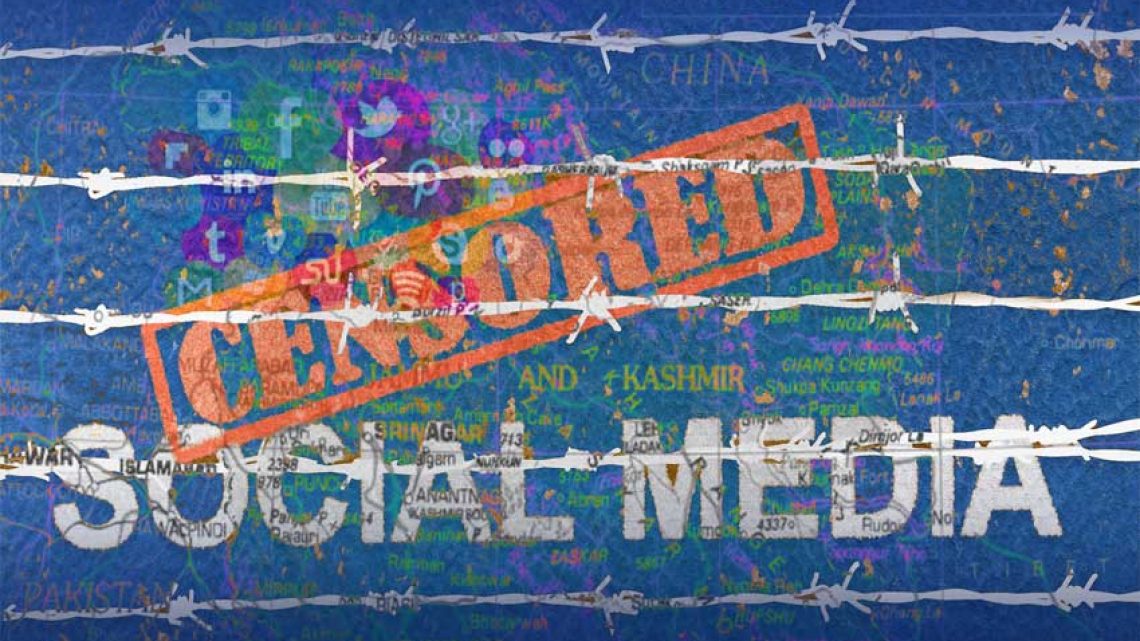
Modi Government’s Clampdown on Social Media Criticism: A Threat to Free Speech in Kashmir
March 25, 2024 Off By Sharp MediaIn what appears to be a recurring strategy by the Modi-led Indian government to oust Kashmiri civil servants using various excuses, New Delhi has issued a fresh directive warning against the use of social media to critique its policies and actions.
As per reports, a recent circular from the administration has barred government employees from engaging in posting, tweeting, or sharing content that criticizes government policies or actions. Additionally, participation in discussions or critiques of government policies or actions on social media platforms, communities, or microblogs has been explicitly prohibited.
Notably, the circular also forbids subscribing to pages, communities, or Twitter accounts deemed to have a “political, anti-secular, or communal” nature by the BJP government, indicating a shift away from secular principles towards Hindutva ideologies.
Instead, employees are instructed to uphold and elucidate government policies on social media. Moreover, the circular strictly prohibits employees from airing grievances online, cautioning that any violation will be considered misconduct and may result in disciplinary action.
This directive has raised concerns among advocates for free speech, who argue that it encroaches upon the right of government employees to express opinions on matters of public concern. They assert that the circular serves as another tool aimed at dismissing local employees from their positions under the pretext of social media criticism, with the interpretation left to the discretion of the Indian government and its compliant judiciary.
The issuance of this circular signifies a broader pattern of the Modi-led government’s approach to dissent and criticism, particularly in sensitive regions like Kashmir. By imposing restrictions on the online expression of government employees, the administration seeks to control the narrative surrounding its policies and actions, effectively silencing dissenting voices within its own ranks.
Furthermore, the prohibition on subscribing to certain social media accounts deemed politically or ideologically objectionable reflects the government’s efforts to curtail any opposition or alternative viewpoints that challenge its narrative. This move not only stifles free speech but also undermines the principles of secularism and inclusivity, signalling a troubling shift towards a more authoritarian and divisive governance model.
Moreover, the threat of disciplinary action for violating these guidelines creates a climate of fear and self-censorship among government employees, further restricting their ability to engage in meaningful dialogue and critique of government policies.
Overall, this circular represents a significant infringement on the fundamental right to freedom of expression and highlights the increasingly authoritarian tendencies of the Indian government under the Modi regime. It underscores the urgent need for safeguarding democratic principles and protecting the rights of individuals to dissent and express their opinions without fear of reprisal.

